Pharmaceutical Industry Developments: Specialty Drugs, Coupons, Reverse Payments and Product Hopping
Specialty drugs are one of the fastest-growing areas of health care spending. There is no one set definition of specialty drugs, although insurers and other health care payers often characterize them as prescription products requiring extra handling or administration that are used to treat complex diseases including hepatitis C, multiple sclerosis, and cancer. High cost can trigger a specialty drug designation. Biologics, or drugs derived from living cells, are often but not always deemed to be specialty drugs. This book provides background on specialty drugs. To put specialty drug development, distribution, and spending in context, the book provides information about broader U.S. prescription drug pricing, insurance, and regulatory trends. Furthermore, this book explains the difference between coupons and other pharmaceutical assistance and incentive programs offered by manufacturers, pharmacies, states, and nonprofit organizations; outlines federal laws and regulations and private-sector policies relating to coupons and other financial incentives for consumers/patients to purchase prescription drugs; and introduces and analyzes innovation and competition policy issues associated with the pharmaceutical industry.
{{comment.content}}
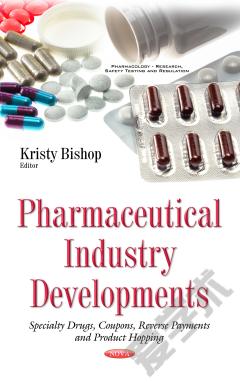
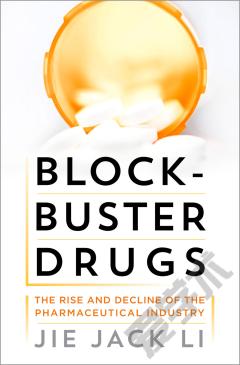
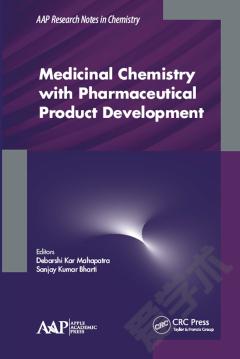
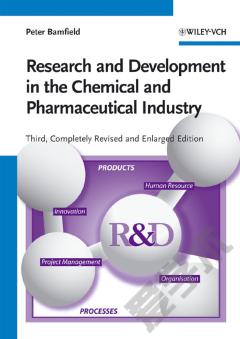
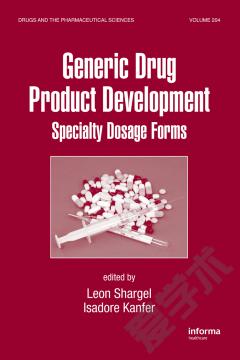



 京公网安备 11010802027623号
京公网安备 11010802027623号